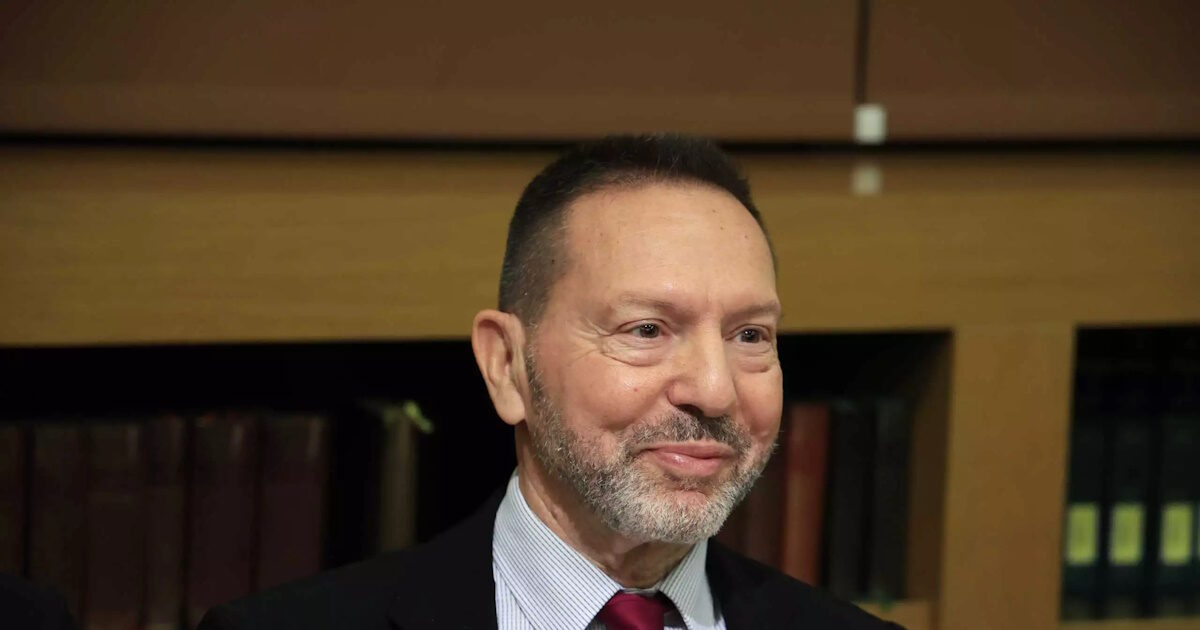Surplus and reforms are presented by the governor of the Bank of Greece (BoG) as the keys to consolidation, Giannis Stournarasin an interview with Corriere della Sera on the occasion of a recent honorary award.
Yiannis Stournaras describes how the Greek economy went from a “15% deficit” to a surplus and debt deleveraging, focusing on the path from fiscal crisis to stability and the “right formula” that he says combined tough adjustment with structural interventions.
The central banker speaks of “the most ambitious fiscal transformation in a developed economy”, stressing for the Greek economy that the rebalancing was initially based on heavy measures, the radical reform of the tax system and the reduction of spending, before a 50-50 scheme was adopted. He notes the catalytic role of new European tools (such as the ESM) and the interventions of the ECB under Mario Draghi, which stopped the crisis without fiscal cost to the partners.
In the “mistakes of the period” he acknowledges that neither the Greek authorities nor the European institutions were prepared. He brings back 2015 as a critical turning point: he judges the shift of the then government to accept the lenders’ terms as correct, but he estimates that the six months of delay burdened the country with a cost of 100 billion. He adds that, when populist forces take power, they usually do not govern effectively and leave damage.
For the reforms, he lists the creation of an Independent Authority for tax administration, interventions in the insurance sector, armoring of the banking sector with concentration in four systemic banks and changes in the labor market. Red tape has been reduced, but backlogs remain, while the next phase should focus on infrastructure, transport, quality of services and administration of justice.
On the social footprint he acknowledges that the cost was heavy as GDP shrank by 25%, social cohesion was tested and extreme political expressions emerged. Despite this, the recovery has been faster than initial forecasts. Investments are increasing, but remain below the European Union average, while per capita income has not yet returned to pre-crisis levels.
Today, he underlines the “paramount importance” of political stability to move forward with difficult decisions and maintain confidence. He cites a primary surplus of 3.6% as an indicator of fiscal discipline with a horizon of intergenerational responsibility, insisting that “you cannot lead with large deficits”. His message to Europe is that a solid political base, combined with a consistent reform agenda, remains a prerequisite for sustainable development.
